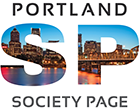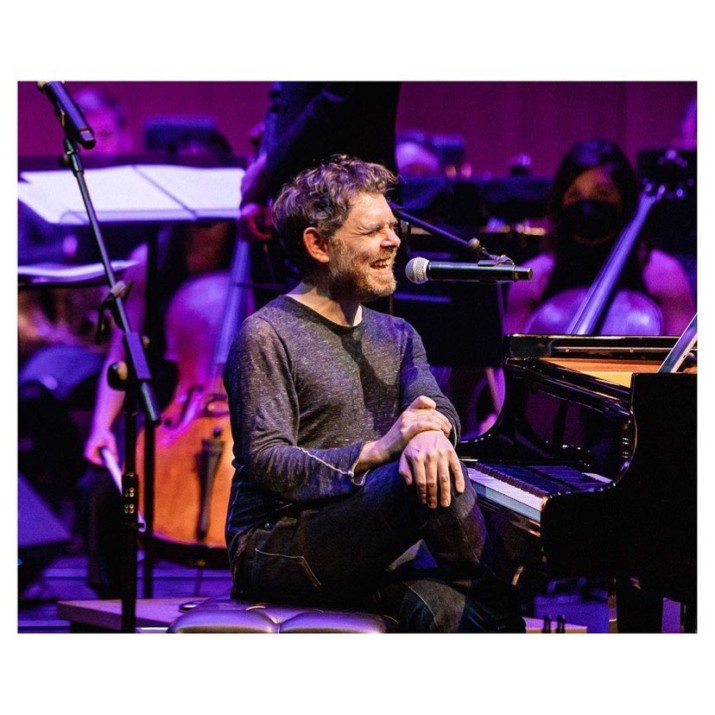Portland, OR. Women who think they’re healthy often misread the symptoms of a heart attack because they don’t think it could happen to them. That’s why it’s crucial to learn about heart attacks, know your numbers and live heart-healthy. Now is a good time to review some basics about the Warning Signs & Symptoms of Heart Attack and Stroke.
Heart attack and stroke are life-or-death emergencies — every second counts. If you think you or someone you’re with has any symptoms of heart attack or stroke, call 911 immediately. The Oregon Chapter of the American Heart Association has some important information about heart health.
Signs and Symptoms of Heart Attack
If you have any of these signs, call 9-1-1 and get to a hospital right away.
- Uncomfortable pressure, squeezing, fullness or pain in the center of your chest. It lasts more than a few minutes or goes away and comes back.
- Pain or discomfort in one or both arms, the back, neck, jaw or stomach.
- Shortness of breath with or without chest discomfort.
- Other signs such as breaking out in a cold sweat, nausea or lightheadedness.
- As with men, women’s most common heart attack symptom is chest pain or discomfort.
But women are somewhat more likely than men to experience some of the other common symptoms, particularly shortness of breath, nausea/vomiting and back or jaw pain.
What do I do if I’m having a heart attack?
If you experience any of these signs or symptoms:
- Dial 911 immediately, follow the operator’s instructions and get to a hospital right away.
- Don’t drive yourself to the hospital.
- Try to stay as calm as possible and take deep, slow breaths while you wait for the emergency responders.
There is a technique called Hands-Only CPR that is recommended if you should see a person who needs CPR. Here’s a video about it:
Signs and Symptoms of Stroke
If you have any of these signs, call 9-1-1 and get to a hospital right away.
- Sudden numbness or weakness of the face, arm, or leg, especially on one side of the body
- Sudden confusion, trouble speaking or understanding
- Sudden trouble seeing or blurred vision in one or both eyes
- Sudden trouble walking, dizziness, loss of balance or coordination
- Sudden severe headache with no known cause
From the Oregon Chapter of the American Heart Association:
A Culture of Health in Oregon & SW Washington
We’re working to create a world free of heart disease and stroke – a world where everyone can live your healthiest life. We know that true health is influenced by the places you live, learn, play and pray. Our work in Oregon & SW Washington includes working with local industries to improve the health of workers, increasing access to healthy food in our community, teaming up with city and state leaders to promote health policies, and providing our kids with more opportunities to be active in school.
Contact Us
4380 SW Macadam Avenue #480
Portland, OR 97239
(503) 820-5300

















